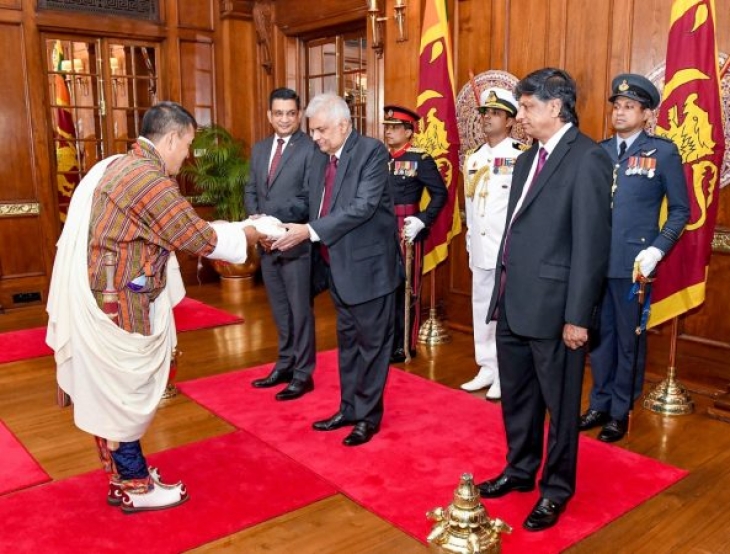A new report by Delhi-based organization Red Lantern Analytica has raised concerns over China's continued attempts to encroach upon Bhutan's sovereignty and territorial integrity, expressing concerns that the South Asian Nation may fall into China's "debt trap diplomacy" like Sri Lanka and Pakistan.
According to the report, China has been showing large parts of Bhutan as part of China, building heavy infrastructure on Bhutan's territory, and constructing illegal sites in disputed areas for decades.
The report highlights the issue regarding the Doklam plateau, where China is claiming the entire area while India is following the historical treaties. Bhutan, which coordinates its foreign policy with India under agreements such as the Friendship Treaty, is now facing pressure from China to change its stand. Bhutanese Prime Minister Lotay Tshering recently stated that "China has an equal stake in the Doklam dispute," suggesting that all three countries - Bhutan, India, and China - are equal stakeholders.
The report notes that China is attempting to shift the disputed tri-junction southward, which would make the entire Doklam plateau legally part of China and put India's strategic Siliguri Corridor in close proximity to China.
Red Lantern Analytica warns that Bhutan must be cautious and not get lured by China's "cheesy words," as taking China's side could have an adverse outcome. The report cites several examples of other Asian countries, including Pakistan, Sri Lanka, Mongolia, and Nepal, falling victim to China's "Debt Trap Diplomacy," where China exploits these countries for personal gains, rendering them reliant on China and losing access to their natural resources and infrastructure.
Therefore, the report recommends that Bhutan not fall into China's dubious claims and continue to reciprocate the support and help that India has always provided in trying to resolve Bhutan's conflicts with China. It is crucial for Bhutan to take a pacifist stand and not compromise its sovereignty and territorial integrity, the report concludes.










